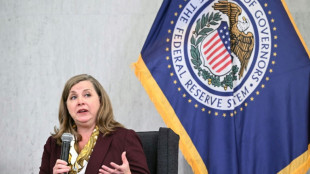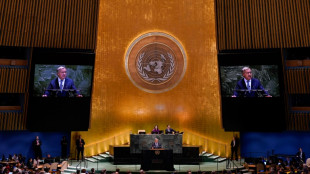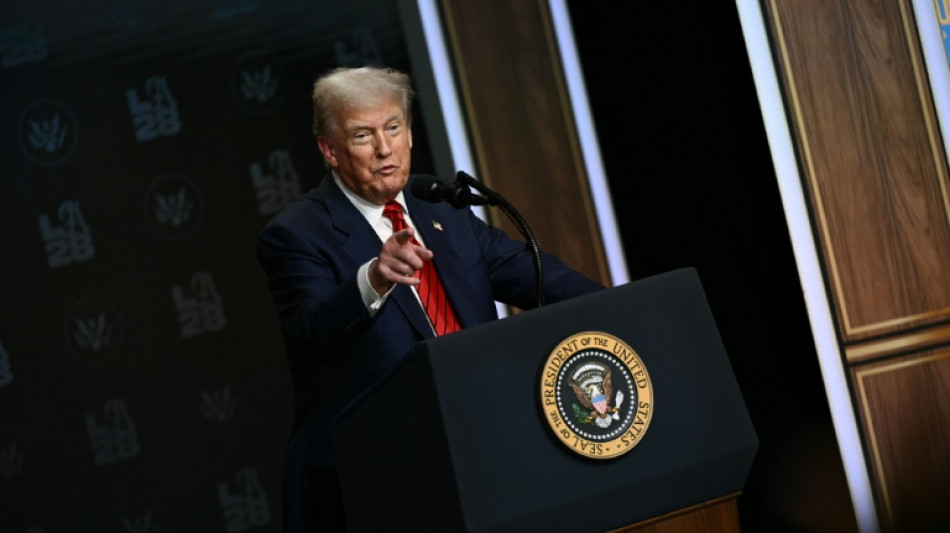
-
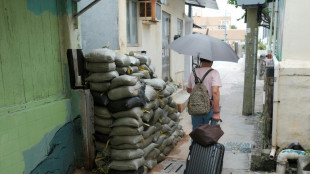 Schools shut, flights axed as Typhoon Ragasa nears Hong Kong, southern China
Schools shut, flights axed as Typhoon Ragasa nears Hong Kong, southern China
-
Hundreds trapped as typhoon triggers barrier lake burst in Taiwan
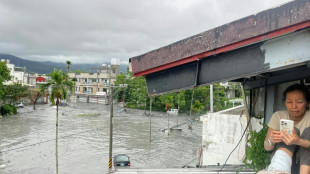
-
 EU proposes new delay to anti-deforestation rules
EU proposes new delay to anti-deforestation rules
-
Man City have 'recovered many things': Guardiola
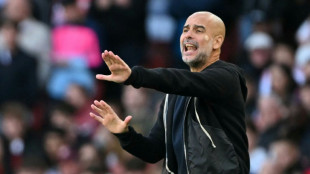
-
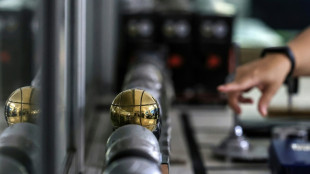 Thailand to 'clarify misunderstandings' after SEA Games petanque ban
Thailand to 'clarify misunderstandings' after SEA Games petanque ban
-
Denmark brands mystery drone flights 'serious' attack
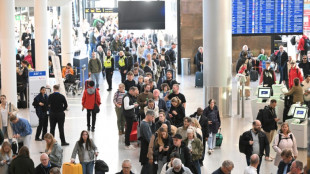
-
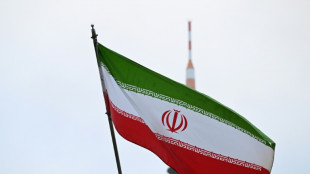 Iran executed at least 1,000 this year in prison 'mass killing': NGO
Iran executed at least 1,000 this year in prison 'mass killing': NGO
-
France's Dassault says can build European fighter jet without Germany
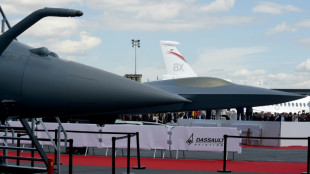
-
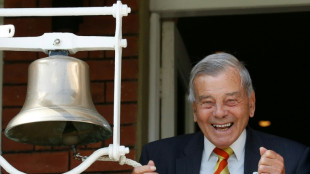 Former umpire 'Dickie' Bird dies aged 92
Former umpire 'Dickie' Bird dies aged 92
-
Ghana deports at least six west Africans expelled by US to Togo
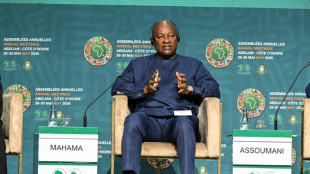
-
 Bradley admits thoughts linger about having played in Ryder Cup
Bradley admits thoughts linger about having played in Ryder Cup
-
EU queries Apple, Google, Microsoft over financial scams
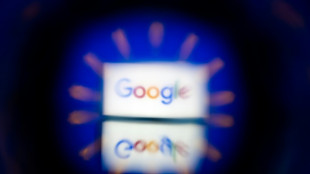
-
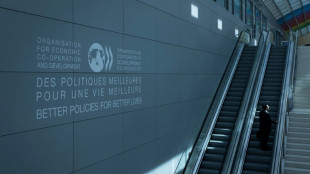 OECD raises world growth outlook as tariffs contained, for now
OECD raises world growth outlook as tariffs contained, for now
-
Former umpire Harold 'Dickie' Bird dies aged 92
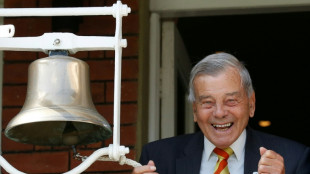
-
 Cycling worlds bring pride to African riders despite disadvantages
Cycling worlds bring pride to African riders despite disadvantages
-
Stocks diverge with eyes on key economic data
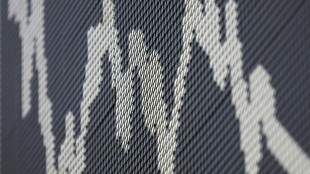
-
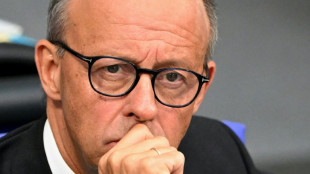 German business groups pressure Merz over ailing economy
German business groups pressure Merz over ailing economy
-
Drone flights 'most serious attack' on Danish infrastructure, PM says
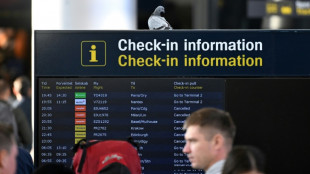
-
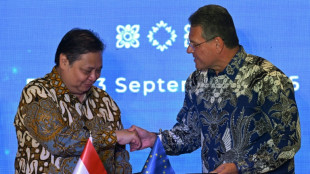 Indonesia, EU sign long-awaited trade deal
Indonesia, EU sign long-awaited trade deal
-
Howe confident Newcastle will find 'X factor'

-
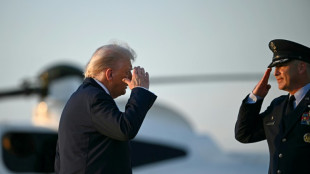 Trump returns to UN podium and Zelensky talks
Trump returns to UN podium and Zelensky talks
-
Tech migrants 'key' for US growth, warns OECD chief economist

-
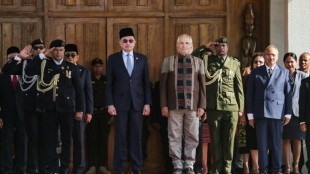 East Timor to become ASEAN bloc's 11th member in October
East Timor to become ASEAN bloc's 11th member in October
-
OECD ups world economic outlook as tariffs contained, for now
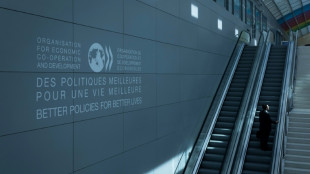
-
 India bids tearful farewell to maverick musician
India bids tearful farewell to maverick musician
-
Sunset for Windows 10 updates leaves users in a bind
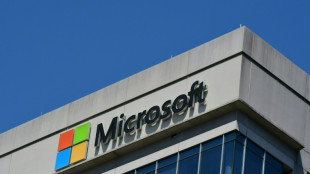
-
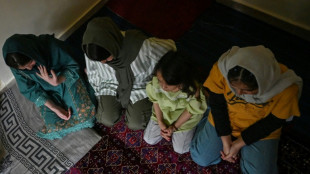 Hopes of Western refuge sink for Afghans in Pakistan
Hopes of Western refuge sink for Afghans in Pakistan
-
'Real' Greek farmers fume over EU subsidies scandal

-
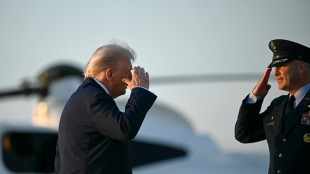 Trump to see Zelensky and lay out dark vision of UN
Trump to see Zelensky and lay out dark vision of UN
-
US lawmaker warns of military 'misunderstanding' risk with China
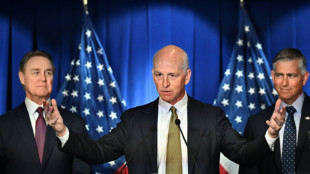
-
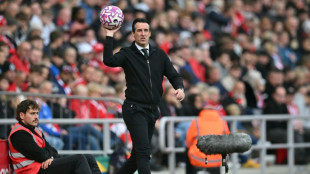 Emery seeks Europa League lift with Villa as Forest end long absence
Emery seeks Europa League lift with Villa as Forest end long absence
-
Egypt frees activist Alaa Abdel Fattah after Sisi pardon

-
 Gibbs, Montgomery doubles as Lions rampage over Ravens
Gibbs, Montgomery doubles as Lions rampage over Ravens
-
Asian markets struggle as focus turns to US inflation
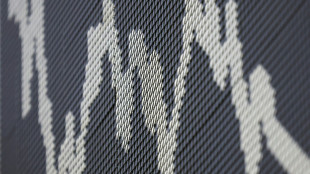
-
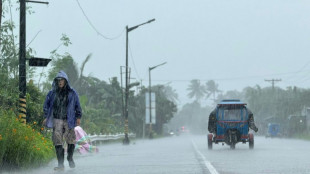 Schools shut, flights cancelled as Typhoon Ragasa nears Hong Kong
Schools shut, flights cancelled as Typhoon Ragasa nears Hong Kong
-
Maverick Georgian designer Demna debuts for Gucci in Milan
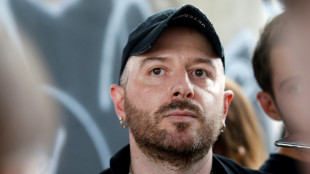
-
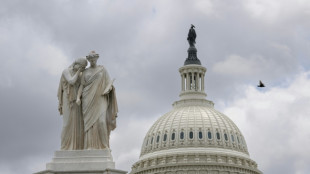 What do some researchers call disinformation? Anything but disinformation
What do some researchers call disinformation? Anything but disinformation
-
Jimmy Kimmel show to return Tuesday
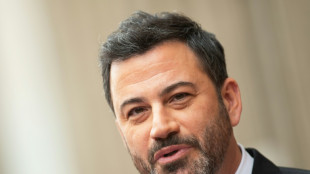
-
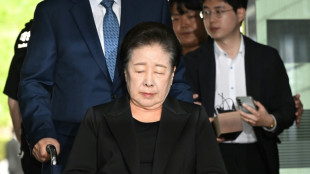 Unification Church leader arrested in South Korea
Unification Church leader arrested in South Korea
-
CXAI Named a Representative Vendor in Gartner's 2025 Market Guide for Workplace Experience Applications

-
 BrightRock Gold Taps Strategic Advisors from Sidney Resources’ $8M Funding Success to Drive Midnight Owl Project Forward
BrightRock Gold Taps Strategic Advisors from Sidney Resources’ $8M Funding Success to Drive Midnight Owl Project Forward
-
RightCapital Launches Advanced Business Planning Features, Enabling Advisors to Deliver Expanded Value and Clarity to Business Owners
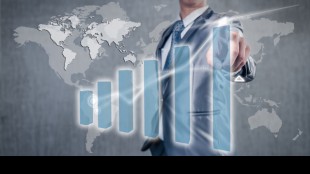
-
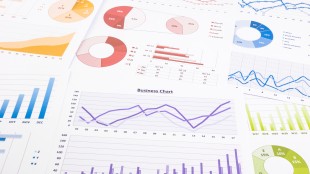 Caldwell Expands Global Footprint with Opening of Dubai Office; Welcomes Rob Wilder as Managing Partner
Caldwell Expands Global Footprint with Opening of Dubai Office; Welcomes Rob Wilder as Managing Partner
-
Preservica Expands Embedded SharePoint Integration with Unified Search Across Active, Archived and Legacy Content

-
 42WEST, a Subsidiary of Dolphin, Drives Global Reveal of 30 Ninjas' Asteroid – Backed by Google's Android XR and CAA
42WEST, a Subsidiary of Dolphin, Drives Global Reveal of 30 Ninjas' Asteroid – Backed by Google's Android XR and CAA
-
tZERO Secures FINRA Approval to Trade Corporate Debt, Expanding Multi-Asset Capabilities

-
 Jaguar Health Presenting September 25 at Emerging Growth Conference and September 30 at Lytham Partners Fall 2025 Conference to Provide Updates on Near-Term Catalysts
Jaguar Health Presenting September 25 at Emerging Growth Conference and September 30 at Lytham Partners Fall 2025 Conference to Provide Updates on Near-Term Catalysts
-
GreenX Launches Comprehensive Digital Ecosystem at Kuala Lumpur Summit, Ushering in a New Era of Green Finance

-
 NDT Pharmaceuticals' Good Salt(TM) Life Subsidiary Unveils Scalable Antimicrobial Platform to Drive Health, Safety, and Sustainability Across Global Markets
NDT Pharmaceuticals' Good Salt(TM) Life Subsidiary Unveils Scalable Antimicrobial Platform to Drive Health, Safety, and Sustainability Across Global Markets
-
Crexendo Enhances Business Communications With Innovative Secure Cloud Faxing


Trump's 'dividend' promise for Americans leaves open questions
If Donald Trump is to be believed, millions of Americans could receive a financial slice of the fortunes generated by the US president's sweeping tariffs.
But the eyebrow-raising suggestion from a leader with a flair for creating headlines is largely opaque -- with key questions left open about how the giveaway would be funded.
Trump himself has acknowledged the difficulty in splashing cash at a time when the United States faces crushing debt.
"We have so much money coming in, we are thinking about a little rebate," Trump said last month, "but the big thing we want to do is pay down debt."
He has since referred to the so-called rebate as a "dividend," and said it could be for "people that would be middle income people and lower income people."
His idea has, naturally, roused interest.
Republican Senator Josh Hawley introduced a bill in July that would see $600 checks sent to each adult and dependent child in American families.
Trump has a track record in dishing out money -- or at least taking the credit for it.
During the Covid pandemic, he insisted that his name be put on government checks distributed to tens of millions of Americans as financial support.
- Looming questions -
Trump's latest plan raises a key question: How will it be financed?
The United States faces a national deficit that worsened from October to June compared to the same period a year earlier.
That was despite a rise in revenue generated by tariffs that Trump has slapped on dozens of US trading partners.
Handing out cash to Americans would add to the deficit and increase the country's debt, which was at more than $36.8 trillion by early August.
Trump, when explaining his dividend idea, has claimed the United States is raking in trillions of dollars from other countries thanks to his protectionist agenda.
The Republican has also cited large investments promised by Japan and the European Union -- deals that coincided with agreements on US tariffs.
But foreign leaders paint a different picture.
Japan, for example, has stated that its $550 billion pledge will largely be in the form of loans and guarantees -- certainly not just hard cash.
And Trump's claims about the revenue generated by tariffs can also be misleading.
The president claims -- wrongly -- that tariffs are paid by foreign countries to the US government.
Yet, in reality, it is importers in the United States that are on the hook.
Most economists note that American consumers therefore end up paying more as businesses, facing rising costs, raise prices on their products.
Ch.Havering--AMWN
